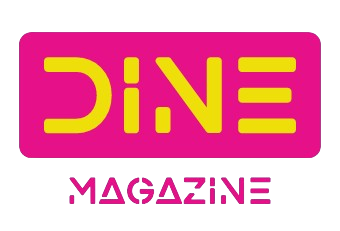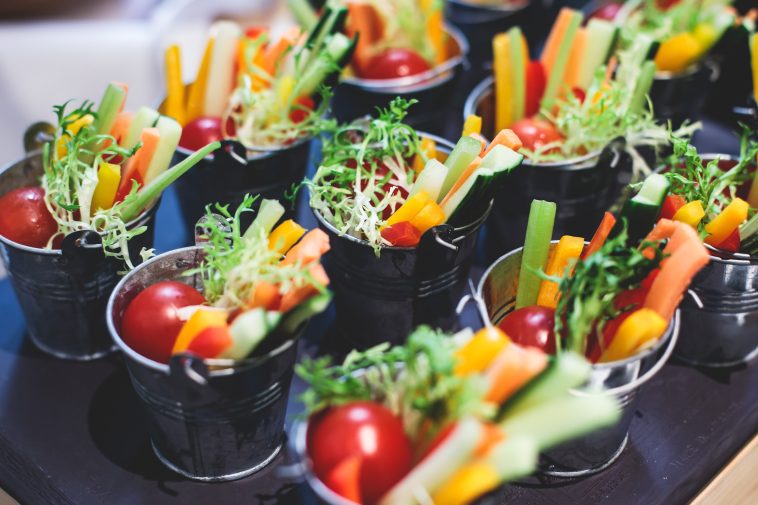Like any business, starting a catering company comes with risks and rewards. Though COVID-19 has closed many restaurants, the future looks bright for the food industry. Delivery and curbside pickup have helped shift traditional operation strategies.
If you are planning to jump into this market, we want to help you take your best step forward early. Here are some factors that can help you in your food industry venture:
Make a Plan for Your Catering Business
A business plan is a crucial first step in any business, especially for those in the food industry. When creating the road map for your company to follow, include the following elements:
- Business entity type
- Concept of your catering business
- Marketing goals
- Name and logo details
- Target market analysis
- Location
- Budget
- Menu offering and pricing
- Employment plans
These are the most important details to include. Depending on the nature of your business, you can always add more. Remember, this acts as a visual road map to help your catering biz operate and grow over time. This is vital information for investors to consider if you approach them for funding.
Invest in the Right Equipment
The equipment you buy will impact the quality of your goods. This is true in every catering business. Starting with inexpensive ovens or flatware may be tempting. Yet, waiting until you can afford them can lead to issues. Cheaper equipment is prone to breaking down more often. This will cost more in the long run. Furthermore, the results will be inconsistent, leading to dissatisfied patrons.
You should only buy what is necessary to cut how much you spend upfront. Typical items that new catering business owners buy to start their company include:
- Kitchen appliances
- Cold storage appliances
- Work surfaces
- Smaller cooking ware items
- Cooking utensils
- Silverware and table accouterments
- Glassware and barware
- Dining furniture and decor if a client doesn’t have a venue that supplies these items
- Supplies for takeout, curbside pickup, and delivery services
While this isn’t an exact list, it should give you a good idea of what to plan your initial budget to cover.
Get Necessary Permits and Licensing
Keeping your dinner guests and employees safe is one of your biggest responsibilities. This requires compliance with local, state, and federal health and safety regulations. In addition, if you supply beer, wine, and/or spirits, you will need alcohol licensing.
The regulations you must follow will vary depending on your running catering business. But, you will need to get business licensing and tax identification numbers from the IRS.
Put Together an Amazing Team
Catering businesses have a lot of moving parts. This requires staff with a variety of skill sets. For example, you may need kitchen preps, dishwashers, bussers, waitresses, and a bartender. You may also need a general manager to help with scheduling, inventory, and employment. You will also need someone to manage your online presence.
Anyone you bring on board should have training in several areas, including:
- Customer service
- Serving protocols
- Cleaning and sanitation procedures
- Processes of breaking down a catering event
Consider holding an onboarding event. This will help your staff get to know each other before ever having to serve guests. This can help them develop a bond and understanding of operations and how to work together.
Know The Business Risks of Catering
Catering is not like every other business. You have to figure out where you can prepare and cook meals. You also need to arrange transportation to the venue. These decisions add new liabilities to your operations and require insurance to mitigate this risk. Typical claims that caterers face are:
- Business Property Damage
- Employee Injuries
- Equipment Breakdown
- Food Spoilage
- Food Contamination
- Transportation Accidents
Speak with a trusted insurance advisor about your company and get recommendations. Then, make sure the coverage is appropriate for your needs. Below is a quick overview of popular policies that catering business owners rely on. These policies protect their staff, clients, and company interests.
General Liability
General liability insurance covers the basic risks you’ll experience as a caterer. These policies protect you against third-party claims. These include property damage, bodily injury, and false advertisement of services.
Commercial Auto
The state you operate in will likely require commercial auto insurance for your business fleet. This provides coverage if your employee causes an accident with a company vehicle. Personal coverage rarely covers collisions if your car or truck was used for business purposes.
Workers’ Compensation
Another important mandatory policy in 49 states is workers’ compensation insurance. This coverage will help pay for medical treatment and lost wages associated with an employee’s on-the-job injury. If you get sued by a staff member alleging negligence, these policies will pay for your attorney and related costs to defend against the claim.
Commercial Property
Even if you do all your meal prep from home, commercial property insurance protects important business assets, such as:
- Cooking equipment
- Inventory
- Spoilage
- Business location if you own the property
Make the Most Out of Your Catering Career
Consider these factors when forming a new catering company. They will give you a better sense of what business focus you need. You’ll be able to create actionable steps based on these findings. Taking the time to map out your business strategy will prove invaluable. This will keep your goals on track and help grow your company.
Most important is risk management to reduce the many liabilities that inherently come with this line of work. A comprehensive insurance policy that includes coverages for your staff, patrons, and assets is one of your most important investments. Learn more about catering business insurance costs by speaking with a trusted agent.



